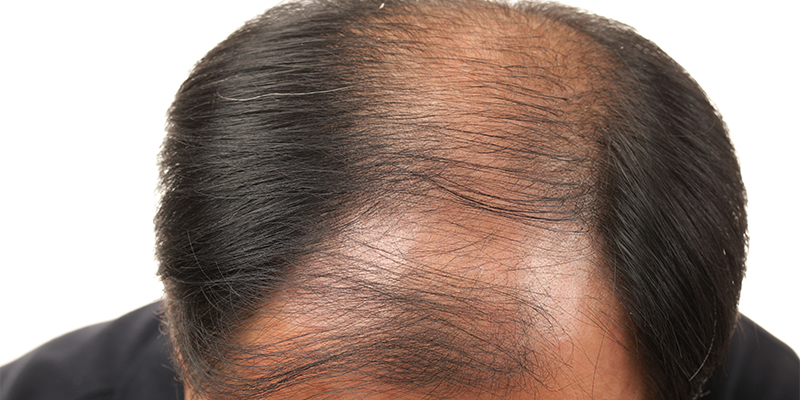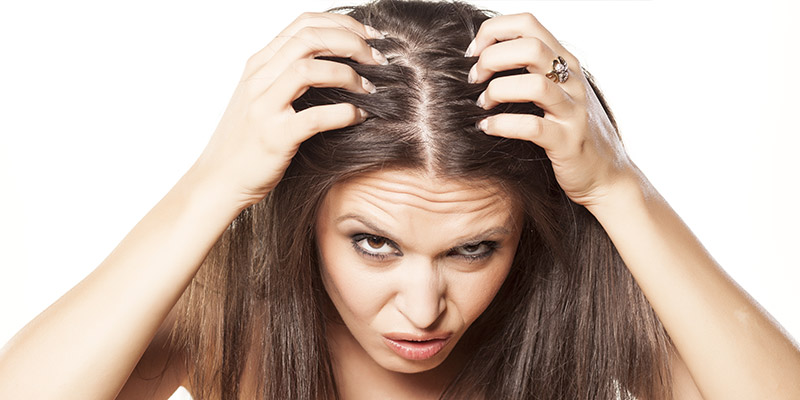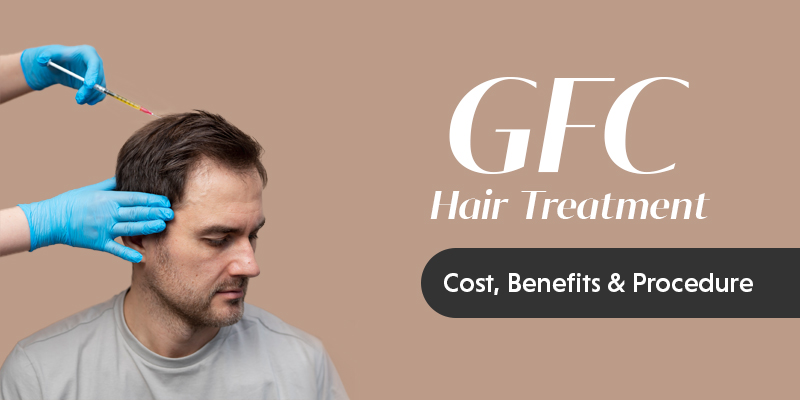Itchy Scalp And Hair Loss: Causes, Treatments and Prevention
Scalp pruritus is a medical term for itchy scalp that occurs due to scalp irritation. The common presenting symptoms include dry and itchy skin, bald patches, scales, flakes, redness, pus-filled sores, and mild swelling. Having an itchy scalp leads to hair loss often because of the underlying condition.
Itchy Scalp And Hair Loss
Itchy scalp and hair fall often occur together. An itchy scalp can be a symptom of an underlying condition, and not all those conditions cause hair loss directly. Aggressively scratching the scalp damages the hair follicles while the underlying scalp condition affects the structure or strength of the hair follicles and causes hair loss.
Causes Of Itchy Scalp Leading To Hair Loss
The following conditions can cause an itchy scalp and hair loss:
- P.Capitis Simplex: Commonly called dandruff, this condition results in itching and small white flakes on the scalp and shoulders.
- Seborrheic Dermatitis: Like dandruff, seborrheic dermatitis causes itchy skin on any area of the body along with yellow greasy flakes and redness. When it affects the scalp, it causes hair loss because of the inflammation and irritation of hair follicles.
- Tinea Capitis: Ringworm causes rings with raised bumps on the skin, making it dry and itchy. When it affects the scalp, the fungal infection damages the hair shafts and leads to their brittleness; thus they break off easily leaving a bald patch of skin.
- Lichen Planopilaris: It is a skin condition that can cause itching and burning sensation in its acute phase followed by purplish papules, follicular plugging and scarring hair loss.
- Psoriasis: An autoimmune disorder that can affect all areas of the body including the scalp. It causes the formation of white or silvery scales over underlying red and inflamed itchy patches or plaques.
- Allergic Reactions: When chemical products such as hair dyes, hair gels, hairspray and mousse do not suit your skin, the resultant allergic reaction may cause an itchy scalp and hair loss.
- Sensitive Scalp: Tingling, burning or prickling sensations with or without pain or itching due to variations in pollution, stress or hormone levels characterise sensitive or reactive skin.
- Environmental Factors: Cold temperatures cause the scalp skin to become dry and itchy, or high humidity levels result in an itchy or oily scalp and eventually cause hair loss.
- Head Lice Infestation: Head lice are parasites. Lice infestations are immensely itchy and induce vigorous scratching.
- Improper Hair Care Routine: A lack of hair care hygiene can cause dirt and grease to build up and block hair follicles, resulting in an itchy and smelly scalp. Over time, it damages the hair follicles and causes hair loss.
Must Read: How to Repair Damaged Hair?
Treatments And Medications For Itchy Scalp
The dermatologist is the best person to recommend medication according to your diagnosis. He or she may prescribe any one of the following:
- Mild topical steroids
- Shampoo with coal tar/anti-fungal ingredients to deal with dandruff and Seborrheic dermatitis
- Topical/oral anti-fungal medications for Tinea Capitis
- Hair serum and minoxidil to promote hair growth
Must Read: Does PRP Treatment Help In Hair Regrowth?
Tips For Preventing An Itchy Scalp
Here are some tips you can follow to prevent suffering from an itchy scalp and associated hair loss –
- Wash your hair two to three times a week.
- Do not share your combs and hairbrushes. Make sure to rinse them with antimicrobial soap regularly.
- Do not scratch your scalp when it is feeling itchy.
- Avoid using hair products such as hair dyes and gels excessively.
- Eat a balanced diet and avoid allergens.
Whenever you are experiencing excessive and uncomfortable itching on your scalp, avoid scratching and approach a dermatologist for a proper diagnosis first. It is best to seek immediate medical attention to prevent long-term damage to the hair follicles that may cause acute hair loss.
Our certified subject matter experts do extensive research and collate facts from reputed scientific journals and international studies to create informative and engaging articles related to all your dermatology concerns. They strive to help you decipher medical jargon, distinguish fact from fiction and overcome paranoia. Our qualified medical board or expert panel goes a step further to verify these facts based on their rich academic knowledge, vast clinical experience and critical industry insights to ensure you consume only medically accurate content that empowers you to make informed decisions about your hair and skin-care treatments and weight management. Check out our Editorial policy for further details
https://health.clevelandclinic.org/itchy-scalp-5-common-problems-and-fixes/https://www.aad.org/public/diseases/hair-and-scalp-problems/hair-loss#treatment
https://www.aad.org/public/diseases/hair-and-scalp-problems/scalp-itch









